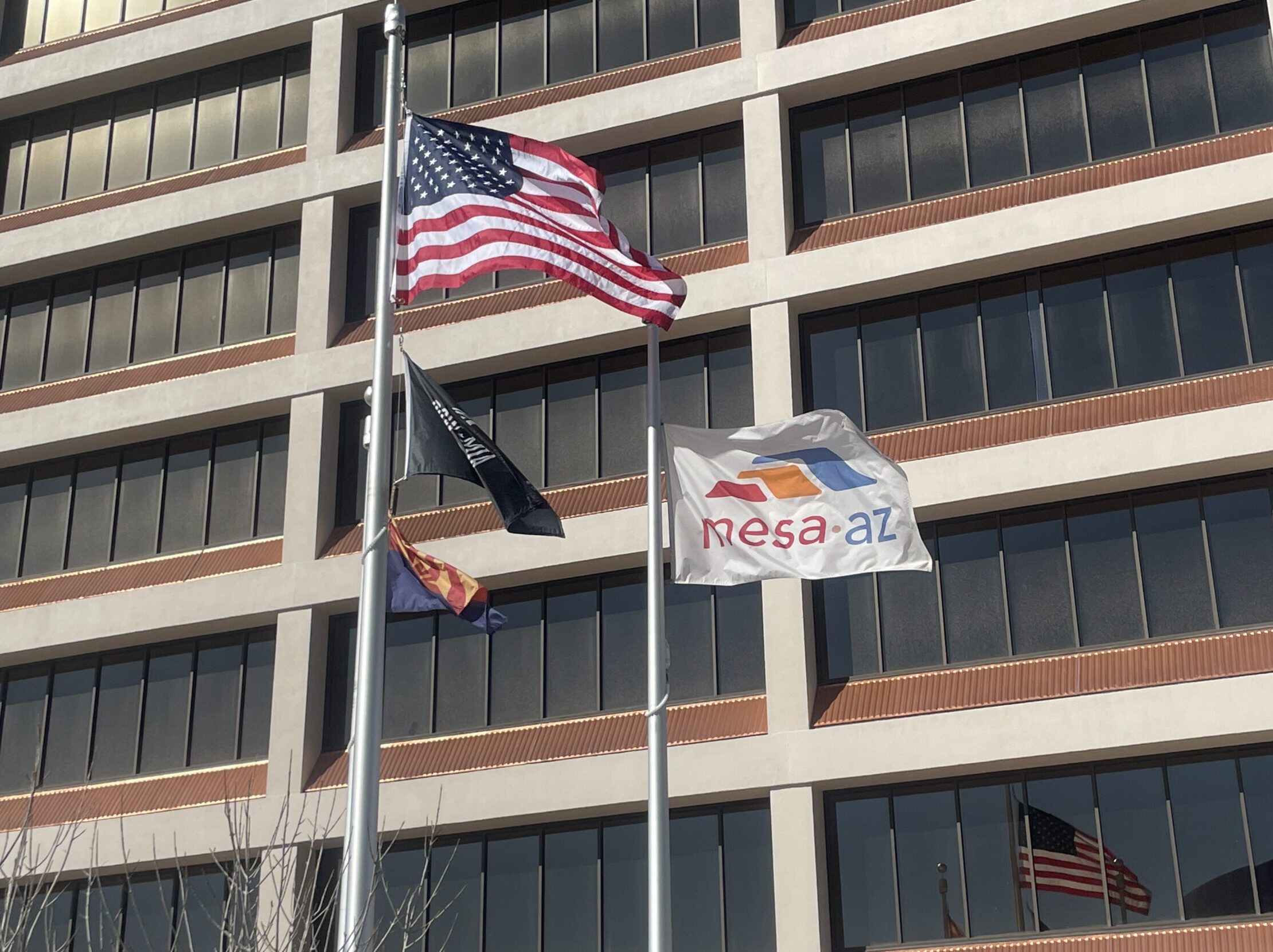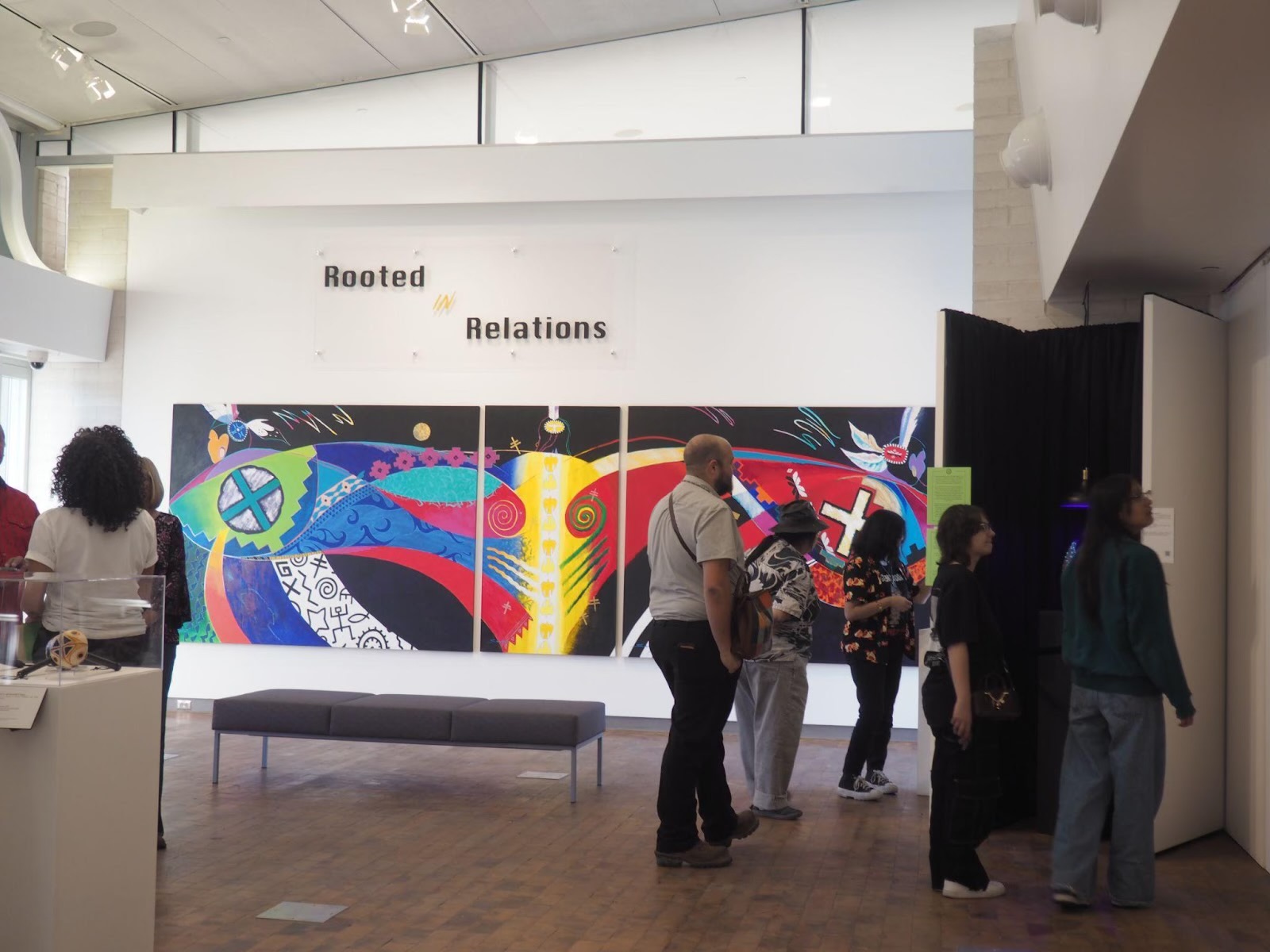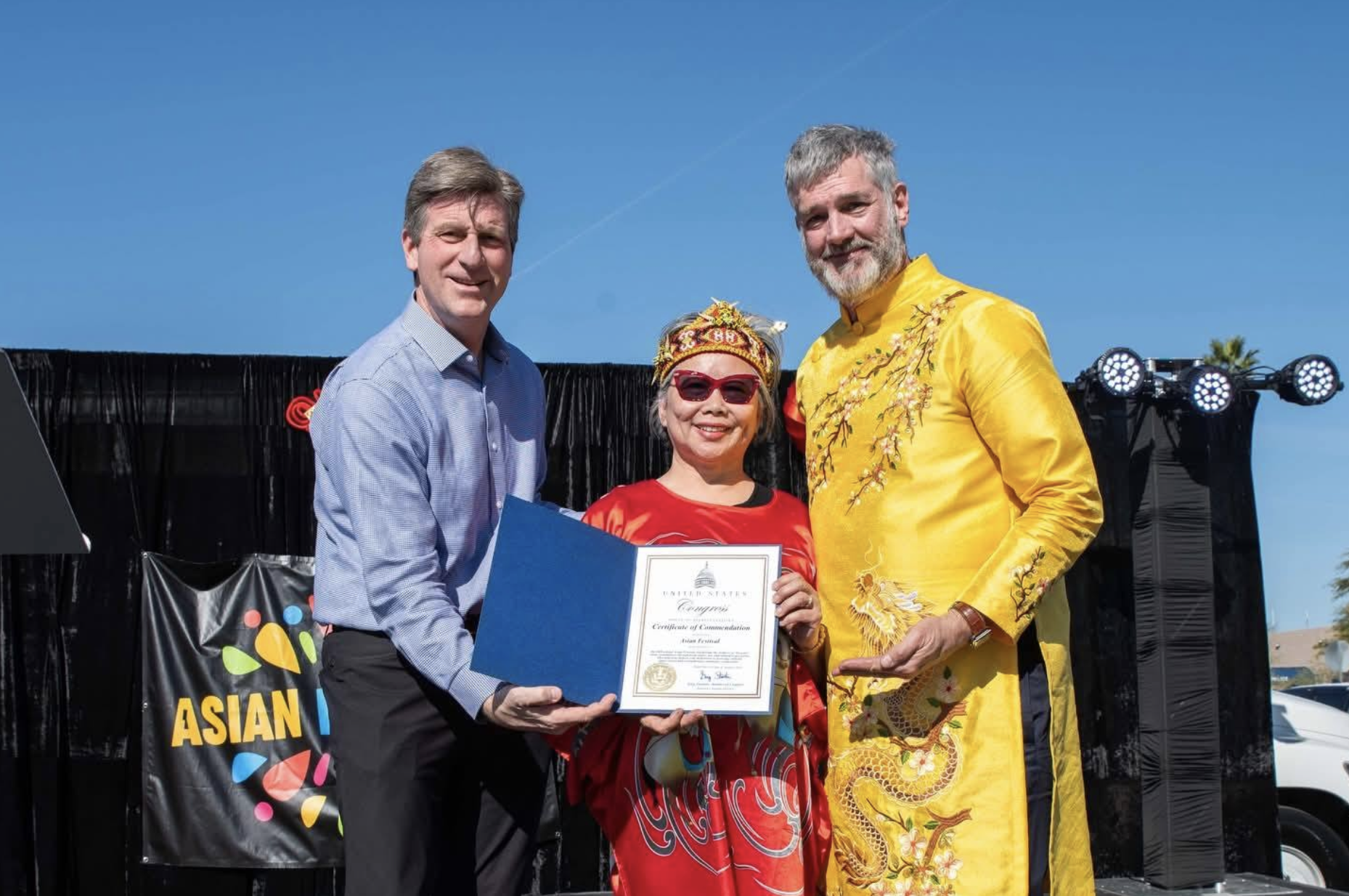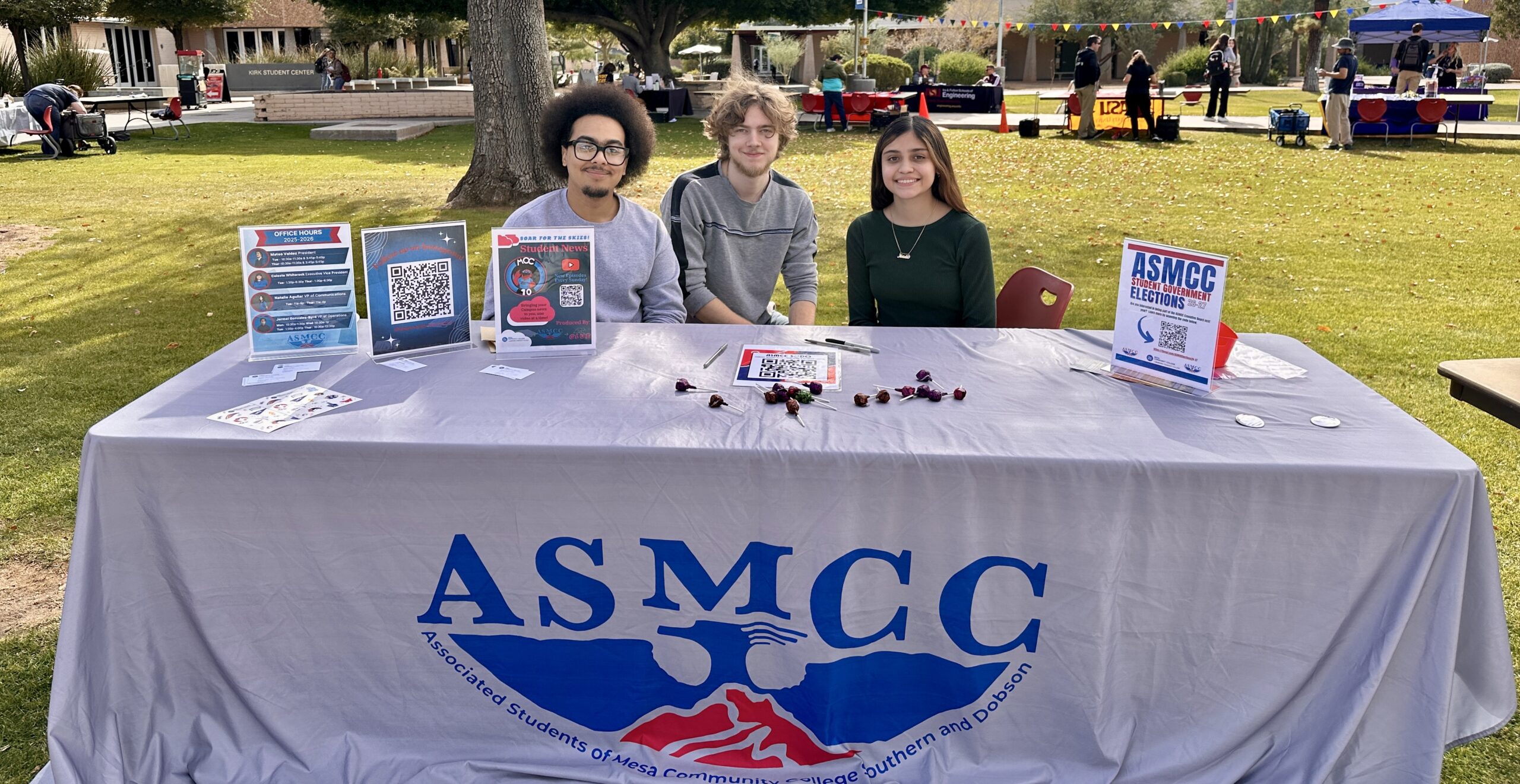Pro-Ducey students vote against own interests
Joe Jacquez
Mesa Legend
With the election season quickly approaching voters from across the country on both sides of the aisle will make choices and vote for candidates that will help decide the future of this country at least over the next four years. Students at MCC are part of this electorate and will make a difference in the outcome come November 2016. When people cast a vote, sometimes they support a candidate that actually hurts their perceived interests in some way either economically or socially. This concept has been hard for political scientists, and election strategists to figure out for quite some time.
Dr. Brian Dille, faculty in the Political Science department has been teaching and following politics for many years, and said it’s hard to know right away if a voter has done this. “If the problem is misinformation, the only way to really know is to interview either a representative sample or most of those that are voting against their interests” Dr. Dille said. “To do that you have to identify them, but you can’t identify them until the elected politician has acted against their interests.” “You only know in retrospect that a person has voted against their interest.” Dille says people don’t vote willingly vote for someone that will harm them because that doesn’t make sense. So why does this happen? There are certain voters that do it on accident which Dille says happens most of the time.
The most commonly heard explanation is that voters are simply misinformed, but Dille doesn’t think voters are stupid, rather each individual thinks differently. Dille says it has much more to do with a voter’s value system and where certain issues rank on their hierarchy of importance. “There is also people who are aware that electing this person won’t be good for them, but there is some larger value that leads them to vote for that person anyways.”
“Even voters themselves sometimes don’t know what their hierarchy of values is,” Dille said. “They go with their gut, and sometimes that hierarchy changes depending on when you ask them.” Dille also thinks that sometimes voters are forced to vote against their own interests because the opponent is worse, and therefore it’s the lesser of two evils.
Ultimately according to Dille, it depends on what issues they are voting on, and what candidate they perceive will represent their needs, even if it’s not the right choice. For example, Dille thinks that working class whites vote Republican “largely because they’re not voting on economic issues, there voting on ideological issues.”
As another example Dille said that small businesses tend to do really well under Democrat administrations compared with Republican administrations yet small businessmen tend to vote with the GOP believing that the party’s pro-business. Andrew Sypher, a former MCC student helped get Ducey elected working for his campaign, in part because he wanted to vote for someone that would balance the state’s budget, and keep Arizona’s fiscal house in order. He saw that in Ducey.
“The AZ 2015 fiscal budget was in a billion dollar shortfall and unfortunately every piece of the pie had to take a monetary cut in order to balance the budget,” Sypher said. “It is an AZ law to maintain a balanced budget and taxes cannot be increased without a majority by the AZ electorate, which is nearly impossible in this state.” “Ducey is an honest and strong advocate for the state. His success in the private sector and expertise in economics is much needed in our state. Principally, Ducey has a faithful value system and vision for AZ that includes equity and justice for every demographic within the state.”
As a member of Phi Theta Kappa Honors Society, Sypher values the importance of education and believes that Ducey will do great things on that issue, but in his view the state was left with little options while in the red financially.
“Yes, I would still vote for Ducey. He has only been in office for a year and it takes more than that for real change to happen. Ducey has a vision and I’m excited to see it realized, even if it takes more time than insatiable critics desire. Great accomplishments have never come quickly.”
Ultimately a voter’s value system will determine how they vote no matter what side of the isle the debate they fall on. In that way explaining voting behavior is actually quite simple.









